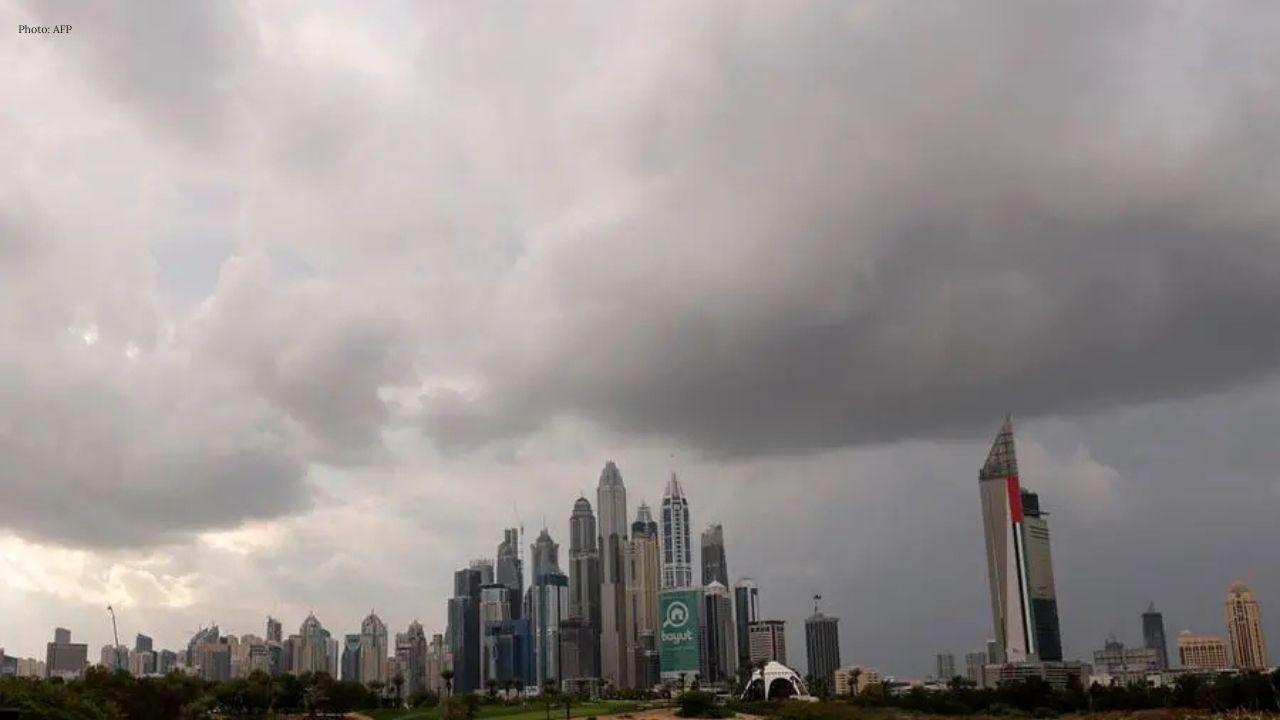You have not yet added any article to your bookmarks!

Join 10k+ people to get notified about new posts, news and tips.
Do not worry we don't spam!

Post by : Badri Ariffin
Earthquakes are one of nature’s most powerful and unpredictable events, capable of shaking the ground, destroying buildings, and impacting communities worldwide. But what exactly causes these natural disasters, and how do they happen? Understanding earthquakes starts with looking deep beneath the Earth’s surface.
The Earth is made up of several layers, including the crust, mantle, outer core, and inner core. The crust, which is the outermost layer, is not a single solid piece. Instead, it is broken into giant sections called tectonic plates. These plates float on the semi-fluid layer of the mantle below and are constantly moving, albeit very slowly—often just a few centimeters per year.
The boundaries where these plates meet are zones of immense pressure and stress. It is along these boundaries that most earthquakes occur. When the stress builds up to a breaking point, the crust suddenly slips, releasing energy in the form of seismic waves that shake the ground.
There are several ways earthquakes can occur:
Tectonic Movements
The most common cause of earthquakes is the movement of tectonic plates. Plates can collide (convergent boundaries), move apart (divergent boundaries), or slide past each other (transform boundaries). Each type of movement can cause stress to accumulate in the rocks along the boundary. When the rocks finally snap, an earthquake occurs.
Volcanic Activity
Some earthquakes happen near volcanoes. When magma rises from the mantle into the Earth's crust, it can cause rocks to crack and shift. These volcanic earthquakes can sometimes serve as warning signs of a potential eruption.
Human Activities
Certain human activities, like mining, large construction projects, or the injection of fluids into deep wells, can also trigger earthquakes. These are known as induced earthquakes. While usually smaller in magnitude, they still illustrate how stress changes in the Earth can cause tremors.
Scientists use specialized instruments called seismographs to measure earthquakes. These tools record the vibrations in the Earth and help determine the earthquake’s magnitude and epicenter. The Richter scale is commonly used to describe the magnitude, indicating how strong an earthquake is. Another scale, the Mercalli Intensity Scale, measures the earthquake’s impact on people and structures.
The effects of earthquakes can vary greatly depending on their strength and location:
Ground Shaking: The most immediate effect, capable of collapsing buildings and roads.
Surface Rupture: When the earthquake causes the Earth’s surface to crack or shift.
Tsunamis: Underwater earthquakes can trigger massive waves that flood coastal areas.
Landslides: Strong quakes in mountainous regions can destabilize slopes, leading to landslides.
Understanding these effects is crucial for disaster preparedness, especially in regions prone to frequent earthquakes.
While earthquakes cannot be prevented, preparation can save lives. Some important steps include:
Securing heavy furniture and appliances to prevent tipping.
Creating emergency kits with water, food, and medical supplies.
Learning safe spots inside homes, like under sturdy tables or door frames.
Participating in earthquake drills and community awareness programs.
Earthquakes are fascinating natural phenomena caused primarily by the movement of tectonic plates, though volcanic activity and human actions can also trigger them. By understanding what causes earthquakes and how they happen, communities can better prepare and reduce the risks associated with these unpredictable events. Awareness, monitoring, and preparedness are key to living safely in earthquake-prone areas.
The information provided in this article about earthquakes is for general educational and informational purposes only. While we strive to provide accurate and up-to-date content, the details may not cover every scenario or region. This article should not be considered as professional, scientific, or emergency advice. Always follow the guidance of local authorities, disaster management agencies, and qualified experts during an earthquake or related emergency.










China Ousts Three Retired Generals from Top Political Advisory Body
CPPCC ousts retired PLA generals ahead of annual Two Sessions as broader anti‑corruption military sh

Japan Jobless Rate Rises to 2.7%
Japan sees first increase in jobless rate in five months as voluntary quits rise and job openings sl

Strong 6.1-Magnitude Earthquake Shakes Indonesia’s Sumatra Island
Tremors felt across region no immediate reports of damage or casualties as authorities monitor seism

Rizwan Sajan Reaffirms Trust in UAE’s Safety and Growth
Danube Group Chairman Rizwan Sajan assures residents and expatriates of safety in UAE, highlighting

India Witnesses Chandra Grahan Blood Moon Visible in Parts of World
Skywatchers observe partial eclipse in India as total ‘Blood Moon’ visible across North America Aust

14 Pakistan Players Shortlisted for The Hundred 2026
ECB reiterates nationality will not influence selections as Haris Rauf and Shaheen Afridi headline P